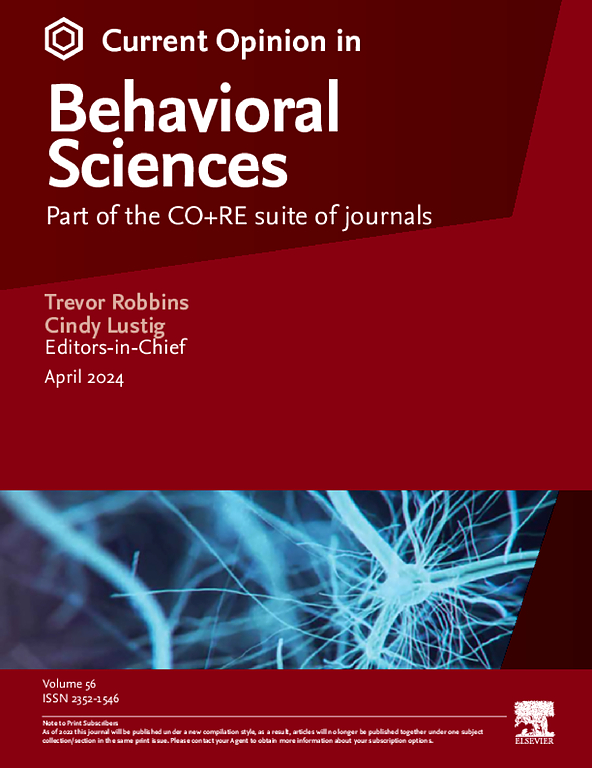在教育研究中对参与者进行分组和探索种族异质性的量化批评方法综述
IF 3.5
2区 心理学
Q1 BEHAVIORAL SCIENCES
引用次数: 0
摘要
教育领域的定量研究通常将种族、民族、文化或移民身份视为自然的、固定的分析单位,使教育不平等的观点过于简单化。虽然不加批判、缺乏理论依据和回顾性的群体比较可能会强化边缘化群体的缺陷视角,但比较研究也有可能突出这些群体拥有的独特优势和资源。然而,进行以群体为基础的比较并展示种族异质性仍然是一项复杂的挑战。为了强调QuantCrit框架提供的关键方法,我们的综述描述了使用民族-种族类别、效果编码和以人为中心的分析的替代操作化的重要性。它还总结了最近的教育研究,这些研究采用这些方法批判性地参与教育中基于群体的比较。我们的见解旨在促进开展以群体为基础的教育研究,采用坚持批判性反思的定量方法。本文章由计算机程序翻译,如有差异,请以英文原文为准。
A review of QuantCrit-informed approaches to group participants and explore ethno-racial heterogeneity in educational research
Quantitative studies in education often treat race, ethnicity, culture, or migration status as natural, fixed units of analysis, perpetuating oversimplified views of education inequities. While uncritical, poorly theorized, and retrospective group comparisons may reinforce deficit perspectives of marginalized communities, comparative research also has the potential to highlight the unique strengths and resources these groups possess. However, conducting group-based comparisons and showcasing ethno-racial heterogeneity remains a complex challenge. To highlight critical approaches informed by the QuantCrit framework, our review describes the importance of using alternative operationalizations of ethno-racial categories, effect coding, and person-centered analysis. It also summarizes recent educational studies that have employed these approaches to critically engage with group-based comparisons in education. Our insights aim to promote conducting group-based educational studies with quantitative approaches upholding critical reflexivity.
求助全文
通过发布文献求助,成功后即可免费获取论文全文。
去求助
来源期刊

Current Opinion in Behavioral Sciences
Neuroscience-Cognitive Neuroscience
CiteScore
10.90
自引率
2.00%
发文量
135
期刊介绍:
Current Opinion in Behavioral Sciences is a systematic, integrative review journal that provides a unique and educational platform for updates on the expanding volume of information published in the field of behavioral sciences.
 求助内容:
求助内容: 应助结果提醒方式:
应助结果提醒方式:


